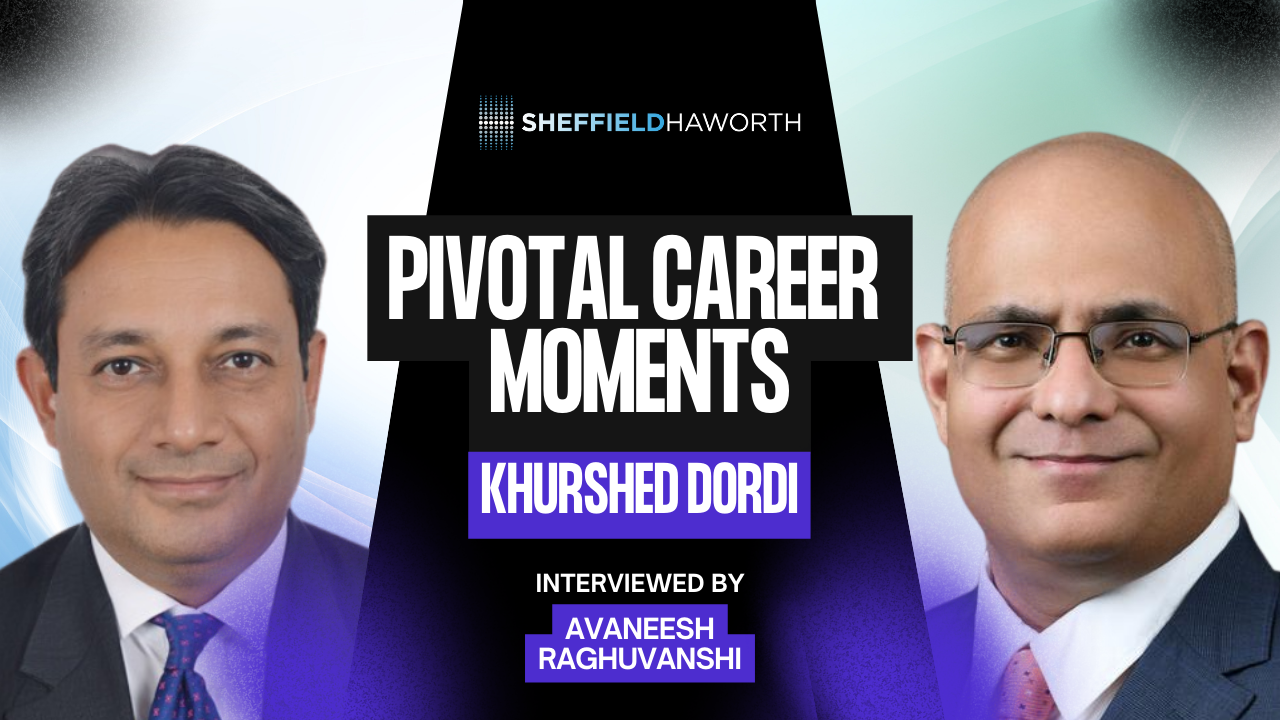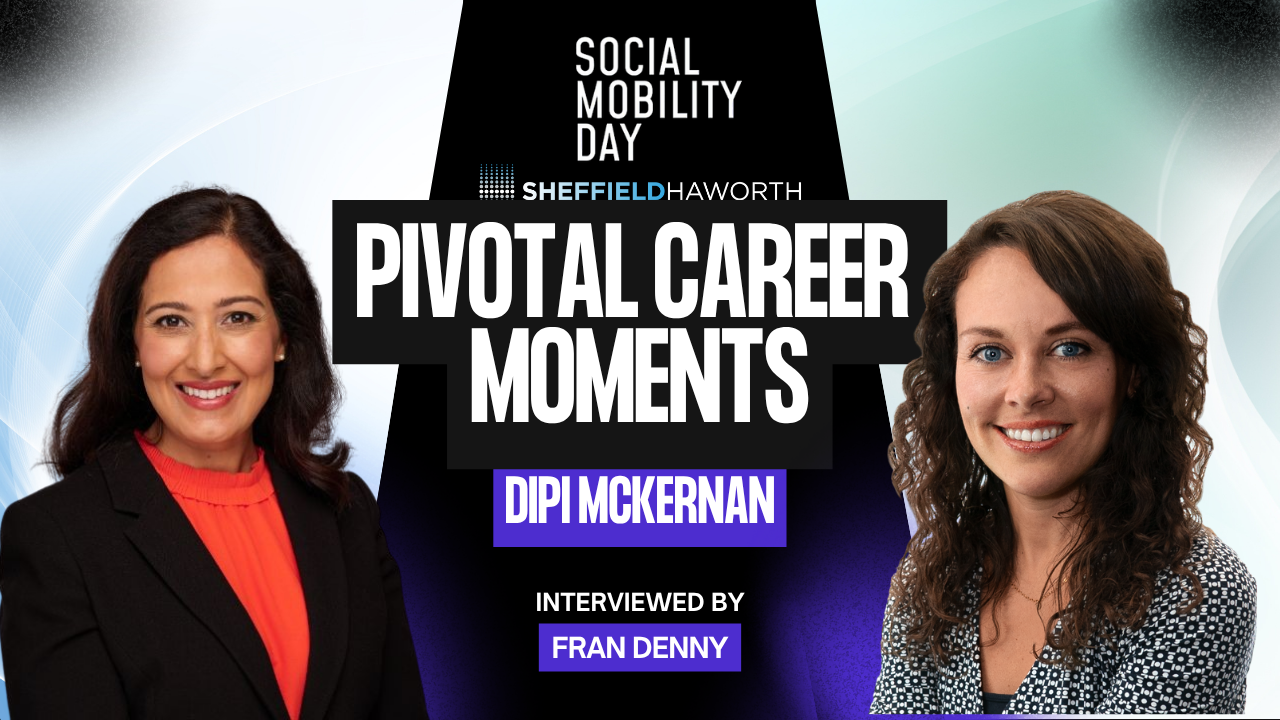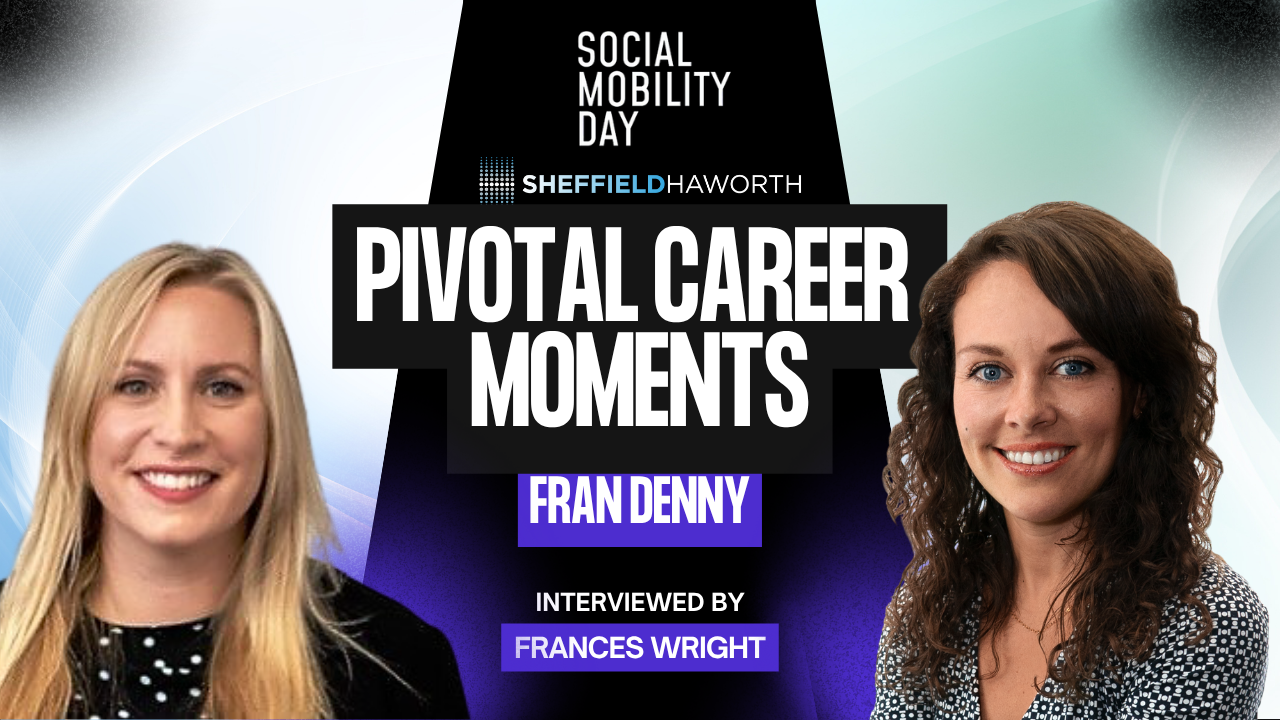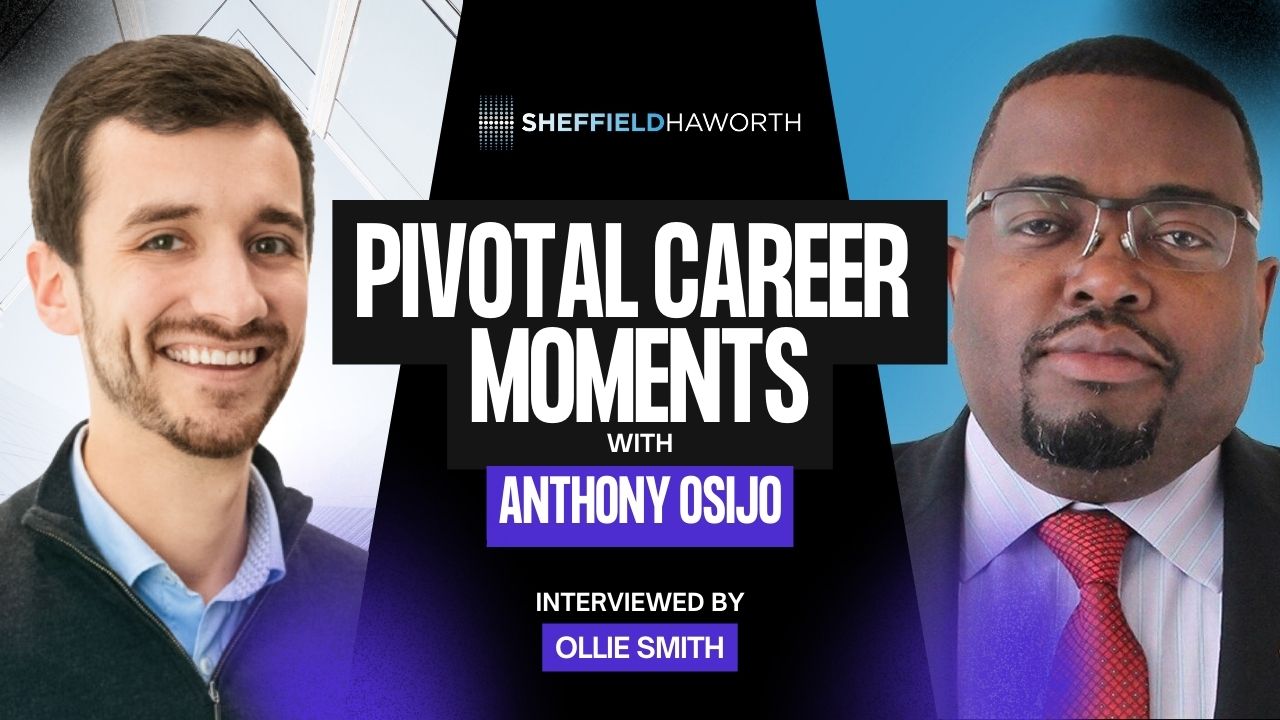Whether used for recruitment, personal development, or internal promotion, executive assessments are effective tools when applied well. Yet many candidates view them negatively. This is a great shame. Candidates stand to benefit even if they do not get the role they wanted. This article explores how to make the assessment experience as positive as possible. It also explains why this is important.
This article specifically addresses the psychometric testing part of an assessment. It is also worth clarifying that psychometric assessment should never be used in isolation. While it can provide much valuable information about a candidate, it is most effective when used in conjunction with face-to-face interviews, references, and other tests of a candidate’s technical experience, skills, and behaviours.
Why do so many candidates dislike assessment?
Many candidates do not like the assessment process generally, and psychometric testing specifically. In my career in assessment, I have seen many reasons for this.
Some candidates believe they are certain to get the role. They could feel that a psychometric assessment is either irrelevant, or that they will pass it easily. According to this view, the test is a waste of time.
Some candidates just do not understand psychometric assessment. They don’t see its purpose or its value.
At the other end of the spectrum, some candidates are so keen to get the role that they do not want the psychometric assessment to get in their way. Even if the test suggests they would be a bad fit – meaning they are unlikely to thrive in the job – they want the role regardless. For these candidates, the assessment is a threat to their ambitions.
Other candidates do not understand psychometric assessment. They do not see its purpose or its value. Others just dislike tests so much that they do not want to have to take another, no matter what it involves. Still others feel there is something intrusive and Big Brother-ish about begin assessed in this way.
Some candidates may believe that psychometric assessment could be discriminatory. This is especially true if that candidate is female, non-white, born in a different country, or a member of the LGBTQ+ community.
The benefits of a positive assessment for the organisation
The candidate’s experience is paramount in everything I do in my work as an assessor. In the context of talent search, for instance, the process is often long and onerous already. The last thing I want a candidate to think is that they are wasting their time. Or that they could be unfairly discriminated against. Or that a test is not appropriate for their level or role.
It is important to communicate clearly with candidates before, during, and after the assessment, to take their concerns seriously and address them if possible.
It is important, therefore, to communicate clearly with candidates before, during, and after the assessment. To take their concerns seriously and address them if possible. Even to anticipate these where you can.
There are several benefits to an organisation of getting the most out of a candidate assessment. The first and most obvious is that the company gets a more accurate impression of the candidate’s behaviours and attitudes. You will have a clearer view of how well that candidate will fit into your team.
When buying an expensive house, you want a survey that will give you as much information as possible about that property. That way, you can judge whether it is worth the cost. It is the same here. Hiring a senior executive is a significant investment. The more information you have, the better.
The second benefit is that the candidate will have a more favourable view of your organisation. Even if they are unsuccessful in getting a role, they are still in your network. They may well be a customer or someone you would consider recruiting at a later stage. So, a positive impression will be good for your reputation.
The third benefit relates to personal development. If a candidate is successful, you can use the results of their psychometric assessment to inform their personal development plan. That is a great way to get extra value out of the process.
Without further ado, let us discuss how to make an assessment a more positive experience for your candidates.
Optimising the test itself
As we have already mentioned, candidate assessment consists of two main parts:
- A technical assessment to ascertain if the candidate has the right skillset and experience to be the CFO (to take one example). In recruitment, it is usually a recruitment consultant who executes this kind of test.
- The psychometric assessment that looks at an individual’s personality and cognitive ability. This is my specialty.
There are risks of bias even with psychometric testing. Ethnicity, gender, or neurodiversity are just three factors that can impact how someone thinks, how they react, and how they express themselves. Therefore, it is important to choose a test that neutralises the potential bias as much as possible.
Neutralising biases is high on the agenda of both clients and test publishers.
Neutralising biases is high on the agenda of both clients and test publishers. The best publishers spend a lot of time perfecting their tests to mitigate them. For example, one of the tests I like to use has won awards for neutralising racial bias.
We also pay great attention to the tests we use in terms of:
- Language
- Duration – a test should not be so long as to be intimidating or onerous. At the same time, a personality test does not benefit from applying time pressure.
- Validity – to what extent will they help predict a candidate’s performance in the role in question?
- Appropriateness – is the test suitable for the level of role you are hiring?
Doing so helps make the tests themselves as pleasurable an experience for the candidate as possible.
Building a rapport with the candidate
Taking tests is stressful. The more significant the role, the more stressful it is. This kind of pressure is not conducive to a candidate being relaxed. Yet that is the optimum state for getting the best results from an assessment.
Spend time with the candidate to explain the process, how it works, and what you’re looking for. Tell them how you will use the results.
This is why you must spend time with the candidate before the test. Explain the process, how it works, and what you are looking for. Tell them how you will use the results.
I explain to candidates that I am neutral in the process. I do not have any direct interest in the outcome of the assessment. Instead, my role is to find out more about them as an individual. They do not have to feel like they should impress me. Rather, they should feel they will benefit by being as open and honest in their responses as they can be.
I explain how the test works and how they should approach it to avoid feeling stressed or trying to game the results by guessing what the ‘right’ answers are. I also explain that it is in their interest to pay attention when taking the test, as this helps the accuracy of the results.
It is important too to explain that the test results qualify as personal data, as well as the safeguards in place to protect it. For example, we mention that we will not share this data with anyone without the candidate’s permission.
I must prepare thoroughly for the test itself. This will show the candidate that I am respecting their time. It also ensures I ask the right questions. Then, during the test itself, I take my time. I make sure I have booked out enough time to be thorough, and to give the candidate the chance to feel comfortable.
Focusing on the output
Before you begin, it is worth explaining what the candidate will get out of this process. An executive assessment is a tool to develop an individual’s skills and help them progress their career. Of course, they stand to gain a new role in most cases. But at the very least they should get a personal development plan, even if they are unsuccessful.
An executive assessment is a tool to develop an individual’s skills and help them progress their career.
Offering them a debriefing session will help this. If you can, it is even better to help draft a document the candidate can use to create their own development plan. People like having something tangible and this helps to give the positive impression I mentioned before.
Candidates have a right to access the results of their tests and of course you must inform them of this. The more you have taken the time to explain the purpose and benefits of the test, the more likely they are to want those results.
The more information the individual has about themselves, their personality, their behaviours, the more it will benefit their career in the long run. Making this clear will benefit you as the assessor and the candidate.
















